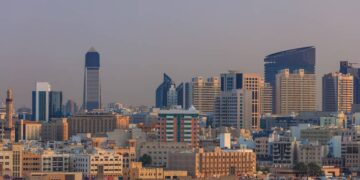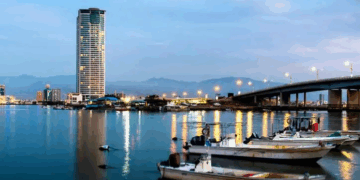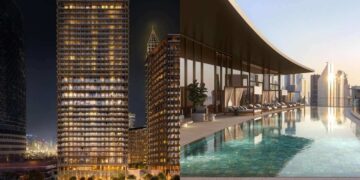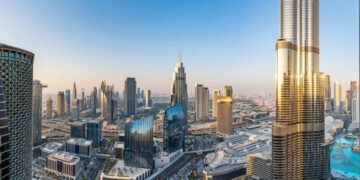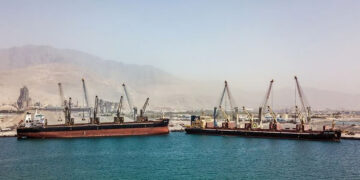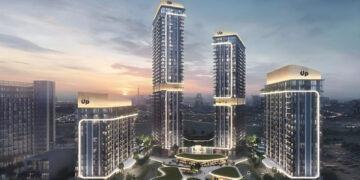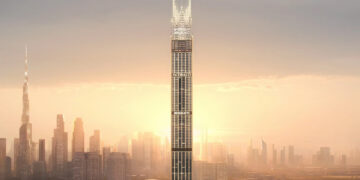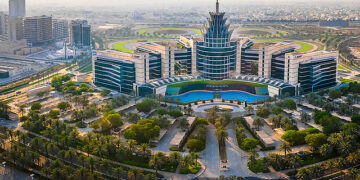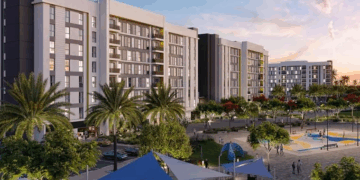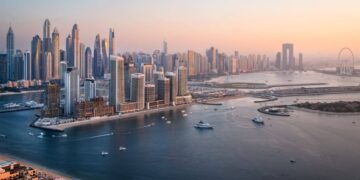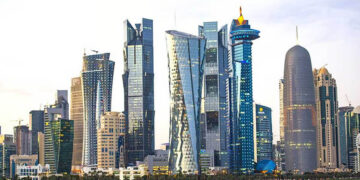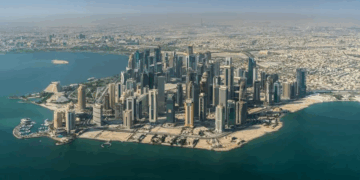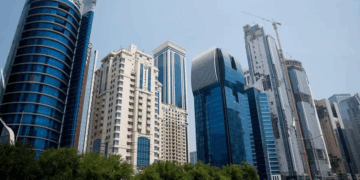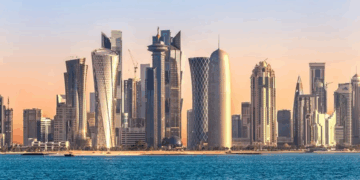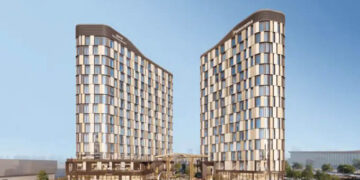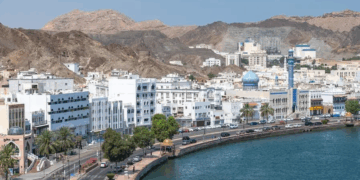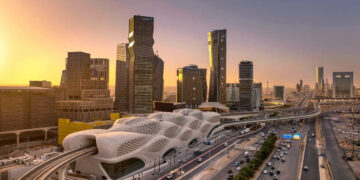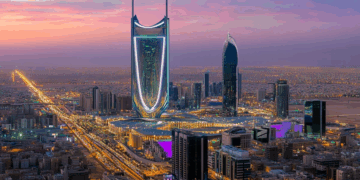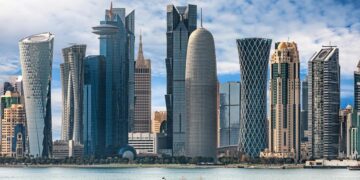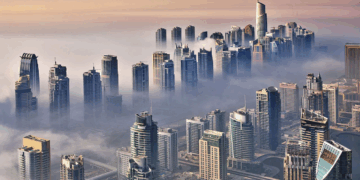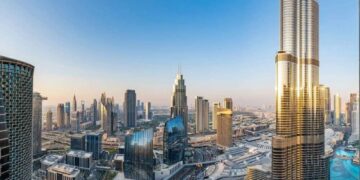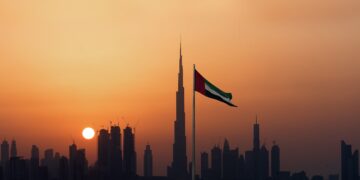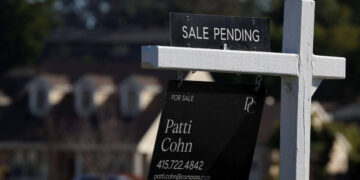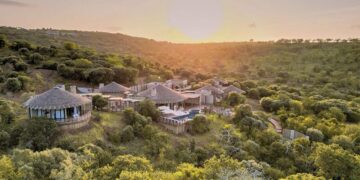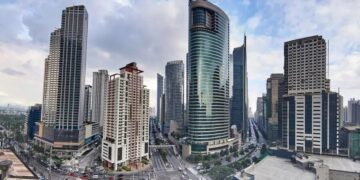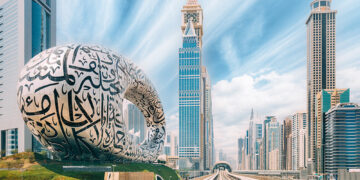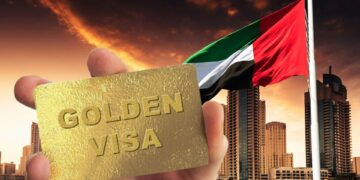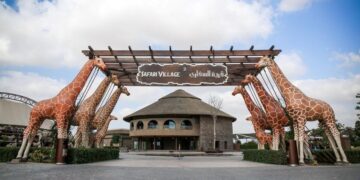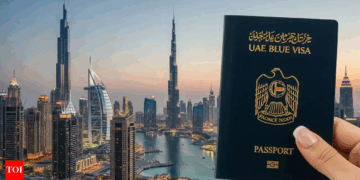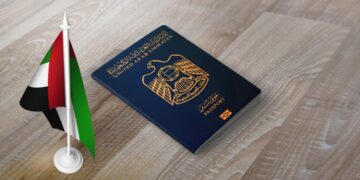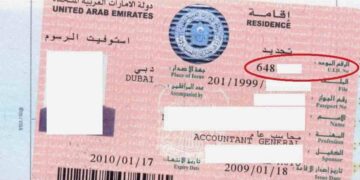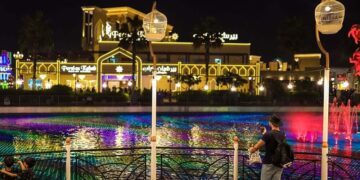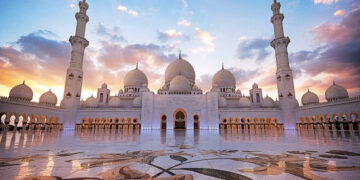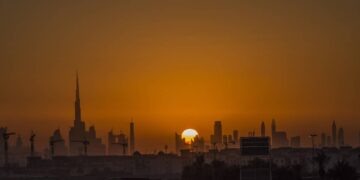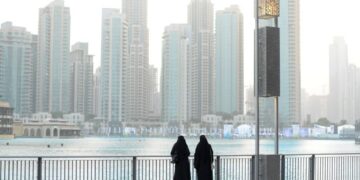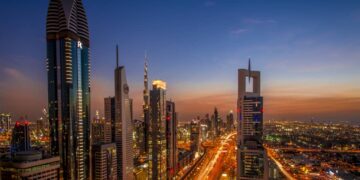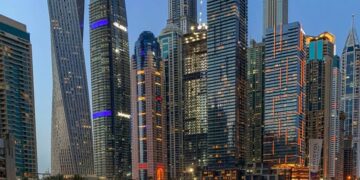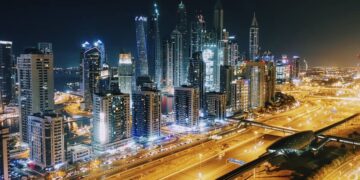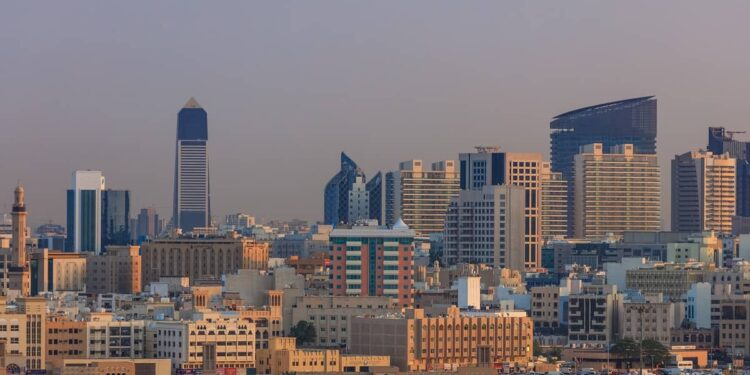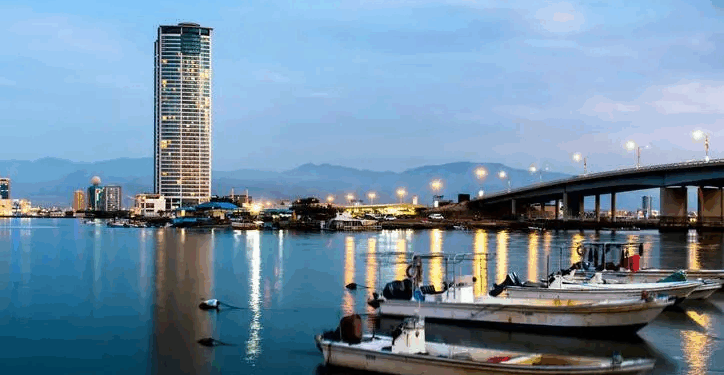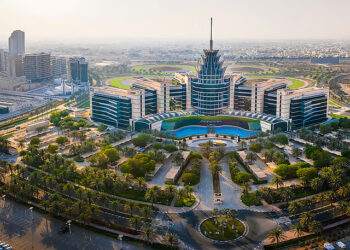Is Dubai’s realty sector creating a dramatic shift to a seller’s market in spite of the lingering headwinds of the pandemic-created economic slowdown? Property experts say they are seeing such a change with the ratio of purchasers’ questions far outrun new supply.
“Ready properties of high-quality finishes that are kept well are in high demand and with so much competition from buyers at the moment, we are seeing undersupply issues leading to property price increases,” property consultancy company Allsopp & Allsopp says.
Dubai is between of a seller’s market with Allsopp & Allsopp’s present ratio of buyer questions to new property listings at 8:1.
“Buyers don’t have a lot of options in the market and urgency is being shown as prices are on the increase and have been doing so for the last few months. They are signing on the dotted line a lot quicker than they previously would have through fear of missing out on a property they like,” an analyst at Allsopp & Allsopp said in a report.
“If you go back a year-and-a-half, we were trying to convince buyers to look at properties as Dubai was in a buyers’ market. They weren’t keen to view as there was so much supply and with the supply comes less urgency. If a property they like was sold, they would simply find another similar property. However, we are now seeing multiple buyers for one property as there is little supply, therefore, creating urgency, and at times, driving the price upwards by means of outbidding each other,” CEO Lewis Allsopp added.
The organization guarantees that it has a hanging tight rundown of purchasers for specific properties — implying that those properties popular are selling before they arrive at property entryways, for example, houza.com, a newly-launched merchant claimed property gateway.
“What we are seeing is that buyers are contacting agencies to find out what is becoming available. They are not waiting for properties to go live online. This is an encouraging sign for the Dubai property market and shows its maturity despite a global pandemic,” he said.
It claims that it has a waiting list of buyers for certain properties — meaning that those properties in high demand are selling before they reach property portals such as houza.com, a newly-launched broker-owned property portal.
“What we are seeing is that buyers are contacting agencies to find out what is becoming available. They are not waiting for properties to go live online. This is an encouraging sign for the Dubai property market and shows its maturity despite a global pandemic,” he said.
The real estate brokerage informed record-breaking revenue production for January 2021 when in comparison to any other month in the company’s 13-year history. The loan-to-value (LTV) ratio and low-interest rates are a shared factor with regards to purchasers being able to step onto the property stepping stool. “First-time buyers make up 74 percent of our business at the moment due to the government stimulus package increasing the LTV and lowering interest rates — it has never been a more affordable time to buy,” says Allsopp.
For example, in 2019 a property could cost Dh2.5 million with a down payment of 33 percent at Dh800,000, but since the second half of 2020 and proceeding into 2021, the same property could be bought for Dh1.9 million with a down payment of 26 percent at Dh400,000.
In addition to the fact that it is much less expensive, however, customers are additionally paying less in forthright expenses, he clarified.
He said end-user buyers would consider paying more if they find a property that they like. “Some are holding off on buying cheaper units and placing themselves on waiting lists hoping for the right property to become available and are willing to stretch their budget to the max.”
The brokerage stated that the average sales cost has increased in a number of areas across the city. For a Type 2M villa in the Springs, the sold cost increase from Dh1.82 million in April 2020 to Dh1.975 million in September 2020 to Dh2.475 million in January 2021. For Victory Heights, a Type B villa’s sold cost in May 2020 was Dh4.1 million in comparison to Dh4.8 million in August 2020 and Dh5.1 in December 2020.
